The United Kingdom (UK) is a nation that embodies a rich history, diverse culture, and stunning landscapes. Comprising four countries—England, Scotland, Wales, and Northern Ireland—the UK has played a significant role in shaping world history, culture, and politics. With its iconic landmarks, vibrant cities, and picturesque countryside, the UK offers a unique blend of tradition and modernity, making it a captivating destination for travelers.
Table of Contents
Geography
The United Kingdom is located off the northwestern coast of mainland Europe, separated by the English Channel. The UK consists of the island of Great Britain, which includes England, Scotland, and Wales, as well as the northeastern part of the island of Ireland, known as Northern Ireland. Covering an area of approximately 243,610 square kilometers, the UK features diverse landscapes, from rolling hills and mountains to bustling urban centers.
England is characterized by its fertile plains, while Scotland boasts stunning highlands and lochs. Wales is known for its rugged coastline and mountainous terrain, particularly in Snowdonia National Park. Northern Ireland features the famous Giant’s Causeway, a UNESCO World Heritage site known for its unique basalt columns. The UK’s geographical diversity contributes to its rich natural beauty and offers a wide range of outdoor activities and scenic views.
Countries of United Kingdom
The United Kingdom is made up of four constituent countries.
Here’s a table with the countries of the United Kingdom and their capitals:
| Country | Capital |
|---|---|
| England | London |
| Scotland | Edinburgh |
| Wales | Cardiff |
| Northern Ireland | Belfast |
History
The history of the United Kingdom is marked by significant events, cultural transformations, and political developments. The region has been inhabited since prehistoric times, with evidence of ancient settlements and monuments, including Stonehenge and Skara Brae. The Romans invaded in AD 43, establishing their rule and leaving a lasting legacy on British infrastructure, including roads and fortifications.
Following the fall of the Roman Empire, the UK experienced the influence of various tribes and invaders, including the Saxons, Vikings, and Normans. The Norman Conquest of 1066, led by William the Conqueror, was a turning point that shaped the political landscape of England and introduced feudalism. The Magna Carta, signed in 1215, laid the foundation for constitutional law and limited the power of the monarchy.
The following centuries saw the rise and fall of dynasties, the English Reformation, and conflicts such as the Wars of the Roses and the English Civil War. The Union of England and Scotland in 1707 created the Kingdom of Great Britain, followed by the incorporation of Ireland in 1801, forming the United Kingdom of Great Britain and Ireland. The 19th and early 20th centuries were characterized by the expansion of the British Empire, making the UK a global superpower.
However, the two World Wars in the 20th century had profound impacts on the UK, leading to a decline in imperial power and the eventual independence of many colonies. The post-war period saw the establishment of the National Health Service (NHS) and the welfare state, shaping modern British society. In recent years, the UK has faced challenges related to globalization, immigration, and its relationship with the European Union, culminating in the Brexit referendum in 2016.
Top Ten Most Famous Places to Visit in the United Kingdom
London

London, the capital of the UK, is a vibrant metropolis known for its rich history and cultural diversity. Iconic landmarks such as the Tower of London, Buckingham Palace, and the British Museum attract millions of visitors each year. The city boasts a vibrant arts scene, world-class theaters, and numerous parks, making it a must-visit destination for travelers.
Edinburgh
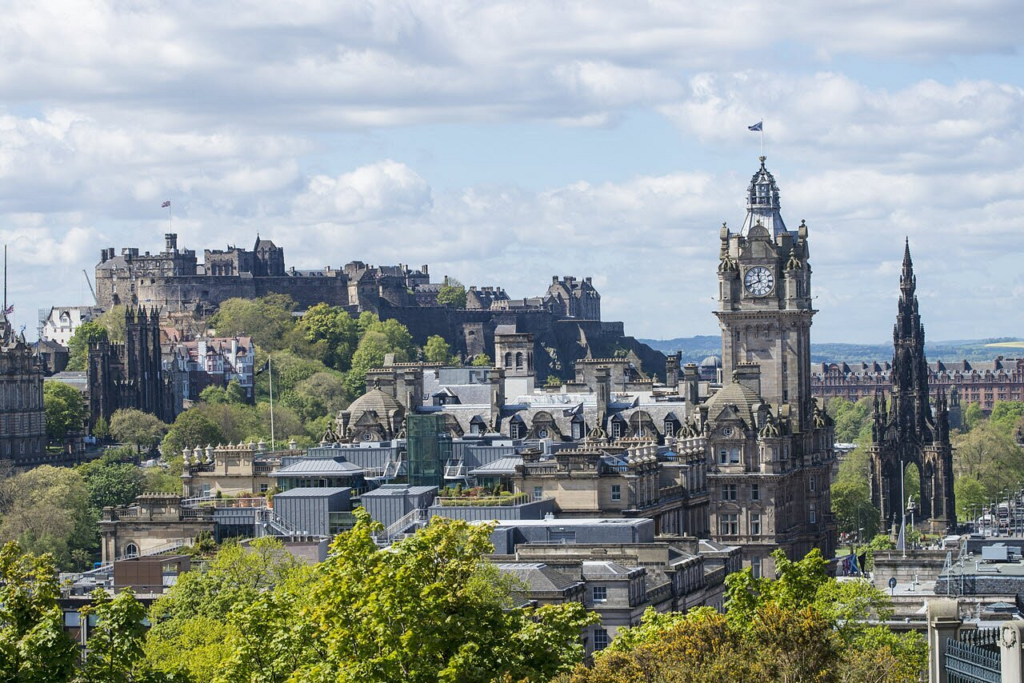
Edinburgh, the capital of Scotland, is renowned for its stunning architecture, historic sites, and vibrant festivals. The Edinburgh Castle, perched atop Castle Rock, offers breathtaking views of the city. The annual Edinburgh Festival Fringe, the world’s largest arts festival, showcases a diverse range of performances and attracts artists and audiences from around the globe.
Stonehenge
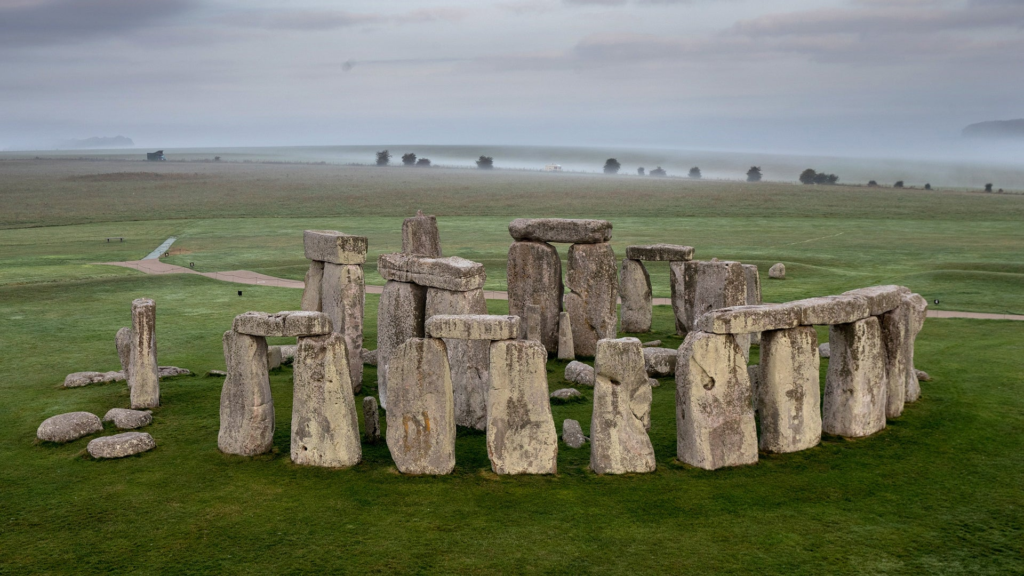
Stonehenge is one of the most famous prehistoric monuments in the world, located in Wiltshire, England. This UNESCO World Heritage site consists of a ring of standing stones that date back over 4,000 years. Visitors can explore the site and learn about its mysterious origins and significance in ancient history.
Bath

Bath is a historic city known for its Roman baths and Georgian architecture. The Roman Baths, a well-preserved ancient bathing complex, is a major attraction for visitors. Bath’s charming streets, beautiful parks, and the stunning Bath Abbey make it a delightful destination for history and culture enthusiasts.
Oxford
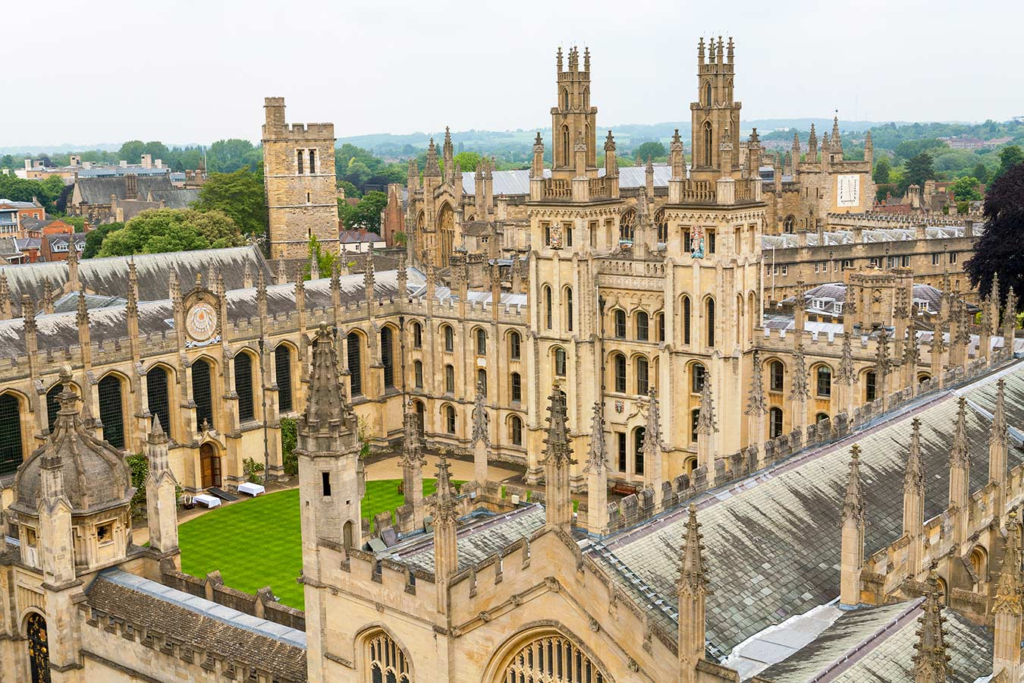
Oxford, home to the University of Oxford, is one of the oldest and most prestigious universities in the world. The city is famous for its beautiful college buildings, libraries, and museums. Visitors can explore the Bodleian Library, Christ Church College, and the Ashmolean Museum, immersing themselves in the academic and cultural heritage of the city.
Cardiff
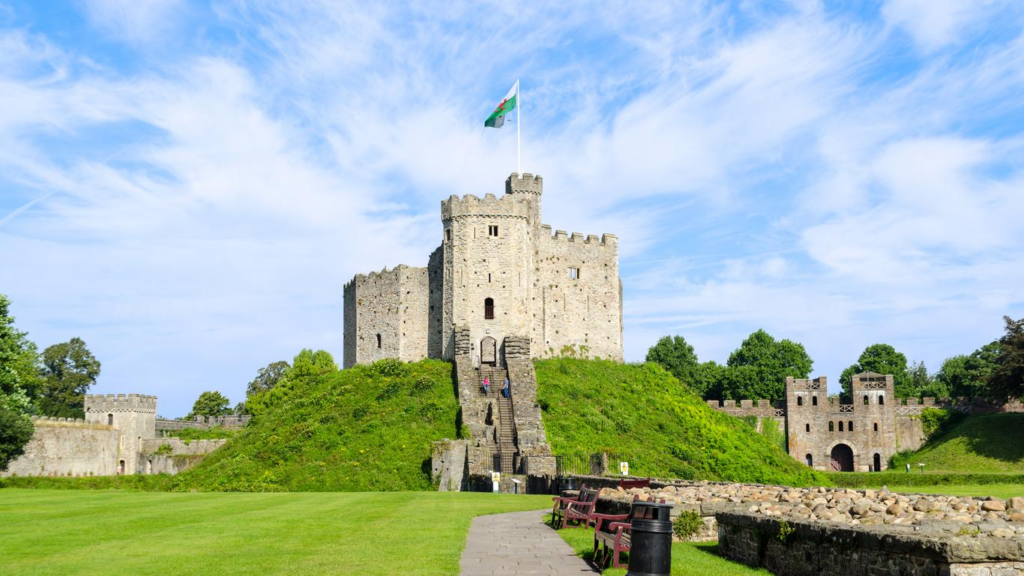
Cardiff, the capital of Wales, is known for its vibrant culture and historic sites. The Cardiff Castle, located in the city center, offers a glimpse into the region’s rich history. Visitors can explore the Wales Millennium Centre, a hub for performing arts, and enjoy the lively atmosphere of Cardiff Bay.
Belfast
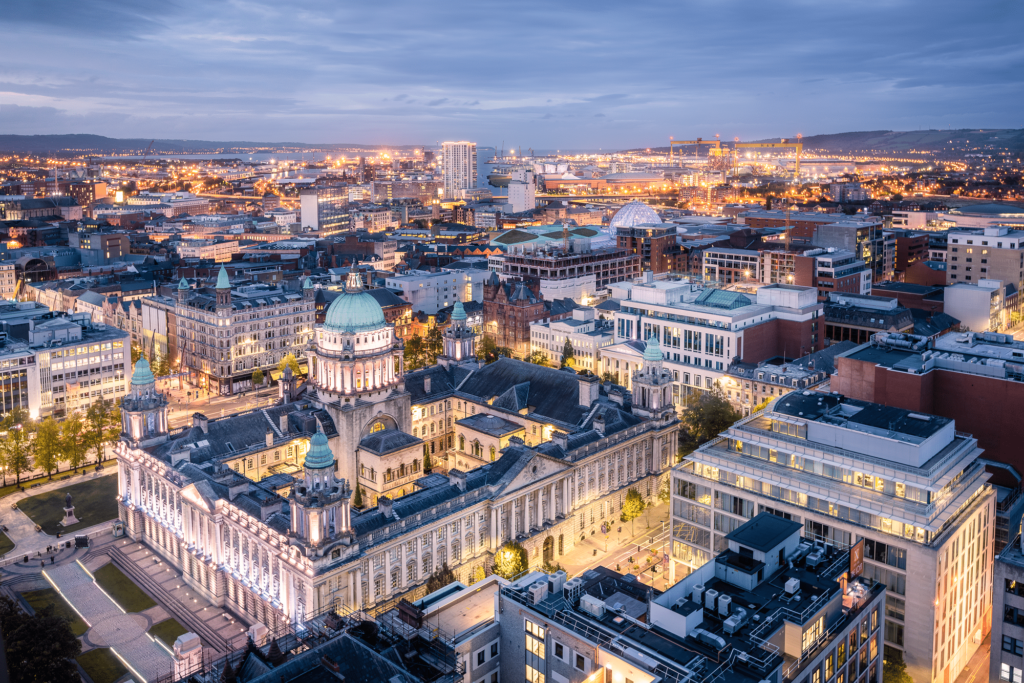
Belfast, the capital of Northern Ireland, is a city steeped in history and culture. The Titanic Belfast museum, located on the site where the famous ship was built, provides insights into the city’s maritime heritage. Visitors can also explore the historic City Hall, the vibrant Cathedral Quarter, and the stunning landscapes of nearby County Antrim.
Liverpool
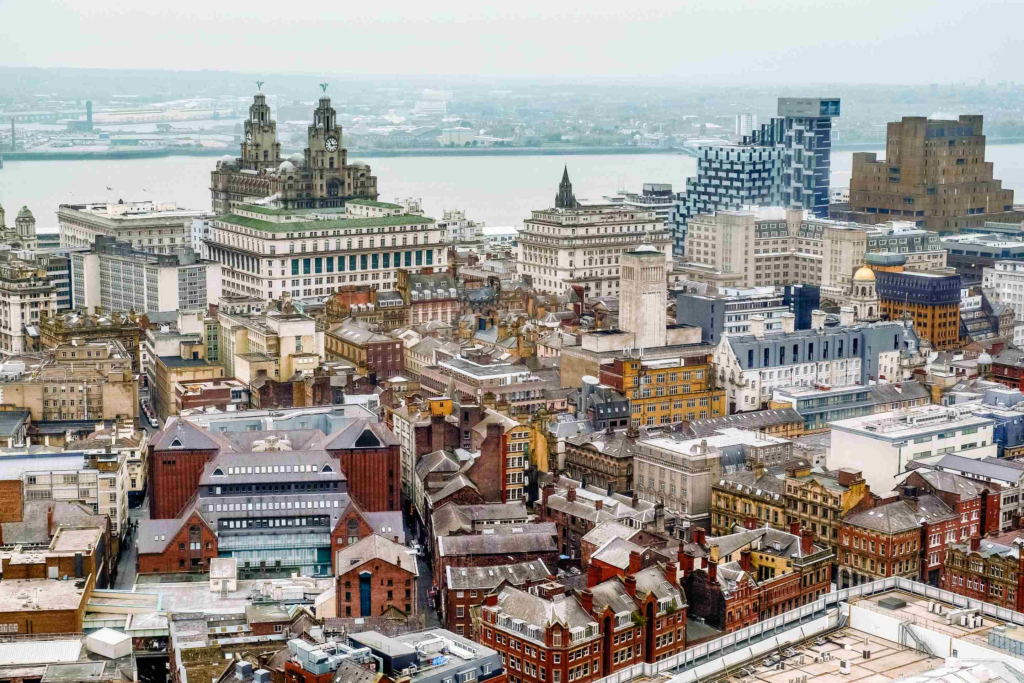
Liverpool is a vibrant city known for its rich musical heritage and maritime history. The Beatles Story museum pays homage to the iconic band, while the Royal Albert Dock showcases the city’s waterfront history. Liverpool’s diverse cultural scene, including theaters, galleries, and music venues, makes it a lively destination for visitors.
The Lake District
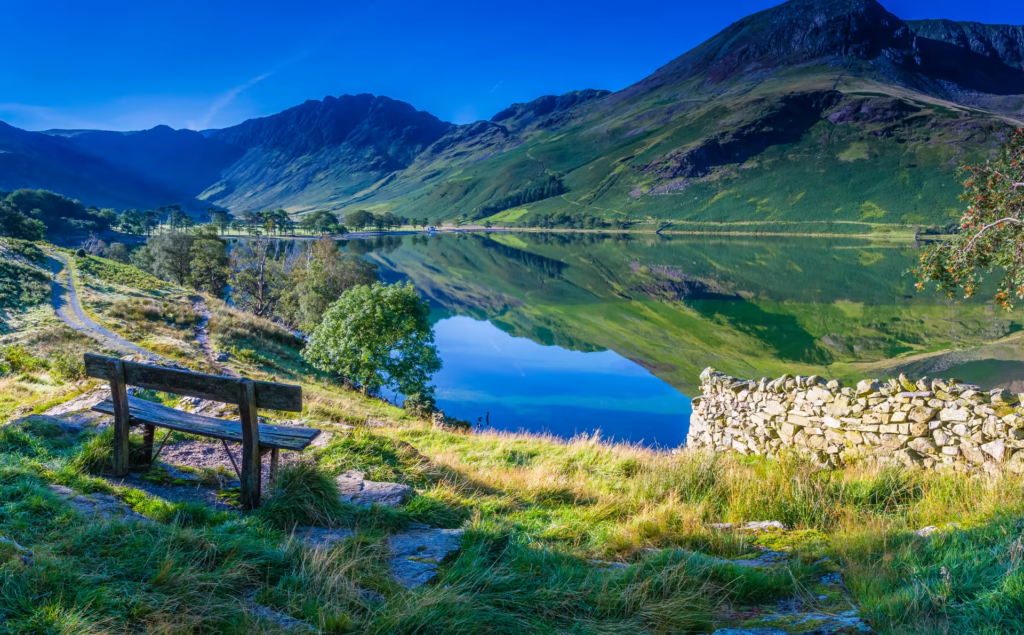
The Lake District is a picturesque region in northwest England, known for its stunning lakes, mountains, and charming villages. This UNESCO World Heritage site offers numerous hiking and outdoor activities, attracting nature lovers and adventure enthusiasts. The scenic beauty of the Lake District has inspired poets and writers, including William Wordsworth and Beatrix Potter.
The Scottish Highlands
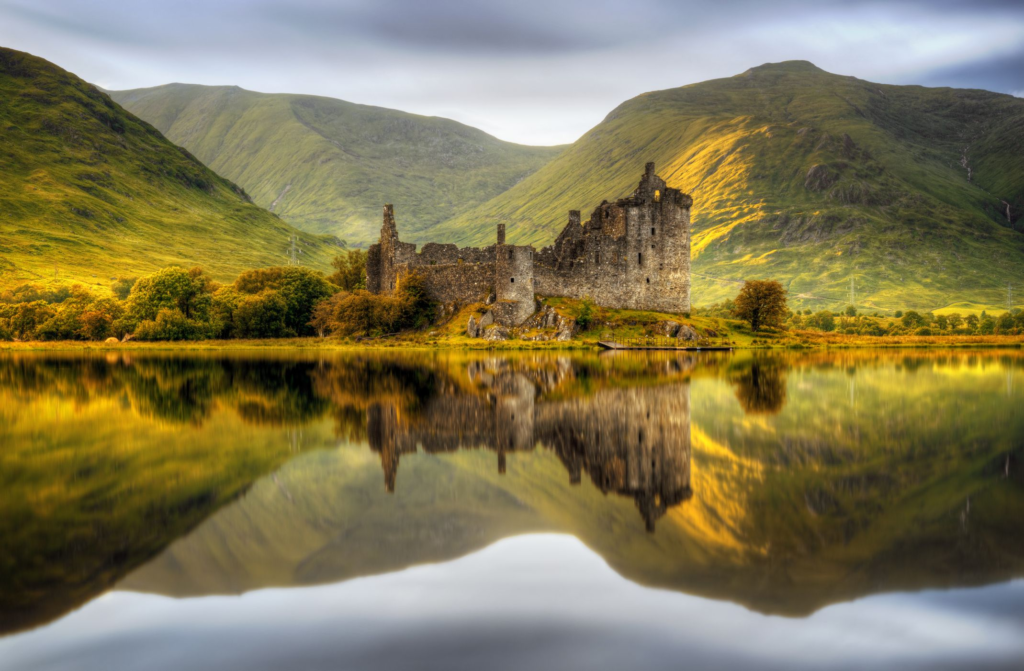
The Scottish Highlands are renowned for their breathtaking landscapes, rugged mountains, and rich cultural heritage. Visitors can explore iconic sites such as Loch Ness, Ben Nevis (the highest peak in the UK), and the Isle of Skye. The Highlands offer opportunities for hiking, wildlife spotting, and experiencing traditional Scottish culture.
Culture
The official language of the United Kingdom is English, which is spoken by the majority of the population. However, the UK is home to a variety of regional accents and dialects, reflecting its cultural diversity. In Wales, Welsh is also an official language and is spoken by a significant portion of the population. Other minority languages, such as Scots and Irish Gaelic, are recognized and celebrated in their respective regions.
The lifestyle in the UK is diverse and influenced by various cultural traditions. Family and community play important roles in British life, with a strong emphasis on social interactions and celebrations. Traditional British cuisine includes dishes such as fish and chips, roast dinners, and afternoon tea, which are enjoyed in homes and pubs across the country.
The UK is known for its rich cultural scene, with theaters, museums, and galleries showcasing a wide range of artistic expressions. Festivals celebrating music, literature, and art are held throughout the year, attracting participants and visitors from around the world.
The United Kingdom is steeped in traditions and customs that reflect its rich history. One of the most notable is the celebration of Christmas, which is marked by festive decorations, caroling, and traditional meals. Other significant celebrations include Bonfire Night, which commemorates the failed Gunpowder Plot of 1605, and Guy Fawkes Night, where effigies are burned on bonfires.
The UK also has a strong sporting culture, with football (soccer), rugby, and cricket being particularly popular. Major sporting events, such as the Wimbledon Tennis Championships and the London Marathon, attract global attention and participation.
Festivals
The United Kingdom hosts a wide array of festivals throughout the year, celebrating its cultural diversity and traditions. The Notting Hill Carnival in London is one of the largest street festivals in Europe, showcasing Caribbean culture through vibrant parades, music, and food. The Edinburgh Festival Fringe is the world’s largest arts festival, featuring thousands of performances across various genres.
The Glastonbury Festival, a renowned music and arts festival, attracts music lovers from around the world, showcasing a diverse lineup of artists. Additionally, local festivals celebrating regional customs, food, and music are held throughout the UK, offering visitors unique insights into British culture.
Economy
The United Kingdom has a diverse and advanced economy, characterized by a strong service sector, manufacturing, and agriculture. London is a major financial center, home to numerous banks, investment firms, and multinational corporations. The creative industries, including fashion, film, and music, also play a significant role in the UK economy.
The agriculture sector contributes to the country’s food production, with the UK being known for its dairy, meat, and cereal products. Despite challenges such as Brexit and global economic uncertainties, the UK continues to focus on innovation, technology, and sustainability to drive economic growth.
Tourism
Tourism is a vital component of the UK economy, attracting millions of visitors each year. Major cities such as London, Edinburgh, and Cardiff are popular destinations, offering a rich mix of history, culture, and entertainment. The UK’s diverse landscapes, including national parks, coastal areas, and historical sites, provide a wide range of experiences for travelers.
The UK government actively promotes tourism through initiatives aimed at improving infrastructure, supporting local businesses, and preserving cultural heritage. As the country continues to adapt to changing travel trends, tourism remains a key driver of economic growth and cultural exchange.
Top Eight Most Famous Food of United Kingdom



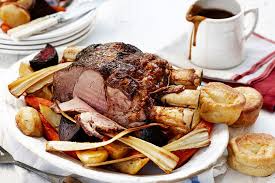




Interesting Facts About the United Kingdom
- The UK is made up of four countries: England, Scotland, Wales, and Northern Ireland.
- London is home to the British monarchy and the famous Buckingham Palace.
- The UK has a rich literary heritage, with authors such as William Shakespeare and Charles Dickens hailing from its shores.
- The world’s first industrial revolution began in the UK in the late 18th century.
- The UK is known for its tea culture, with over 165 million cups consumed daily.
- The Tower of London has served as a royal palace, prison, and treasury throughout its history.
- The UK is home to Stonehenge, one of the most iconic prehistoric monuments in the world.
- The famous English breakfast typically includes eggs, bacon, sausages, beans, and toast.
- The UK has more than 15,000 miles of coastline, offering stunning views and recreational opportunities.
- The British royal family is one of the oldest monarchies in the world, with a history spanning over 1,000 years.
Future Perspective
The future of the United Kingdom is characterized by a focus on innovation, sustainability, and global partnerships. As the UK navigates the post-Brexit landscape, it aims to strengthen its position as a leading global player in trade, technology, and culture. Emphasizing the importance of education, research, and development, the UK seeks to adapt to changing global trends while preserving its rich heritage.
Conclusion
The United Kingdom is a country of immense historical significance, cultural diversity, and natural beauty. From its iconic landmarks and vibrant cities to its picturesque countryside, the UK offers a wealth of experiences for travelers. As it continues to evolve and embrace the future, the UK remains a captivating destination that invites exploration and appreciation of its unique heritage.

